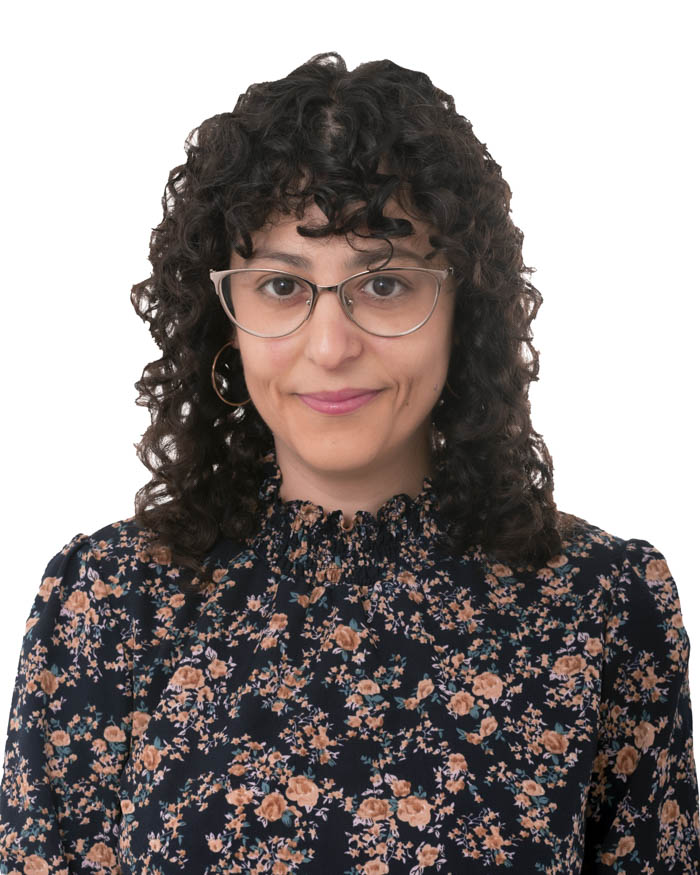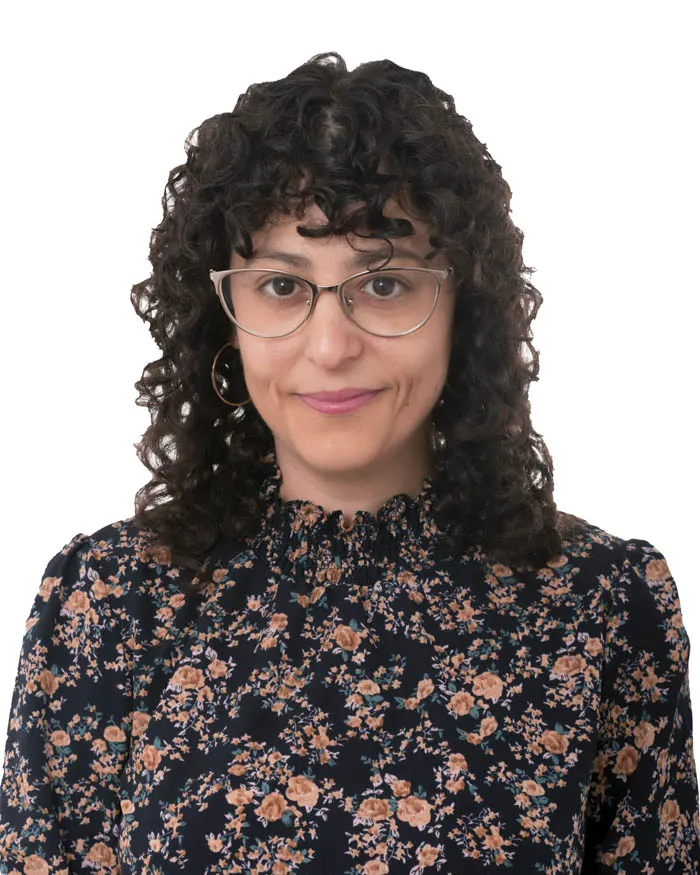Psychoanalytic Psychotherapy is a singular experience where no one treatment resembles another. This is because each person, while speaking a language seemingly shared with others, also speaks their own very unique language. My goal, as a therapist, is to listen for this uniqueness and help the speaker hear it too, often for the first time. I encourage patients to speak freely and say whatever comes to their minds in a way that is rarely possible elsewhere. This not only contributes to a new sense of liberty and fulfillment in one’s life but also leads to the dissipation of symptoms, anxieties, and inhibitions.
Before embarking on a clinical career, I earned a PhD in history from Rutgers University. As a historian, I have a deep understanding of, and appreciation for the different cultures, circumstances, and discourses that shape one’s life and this is also what I listen for in the clinic.
I have experience working with many different populations including veterans, academics, immigrants, artists and performers, and who identify as part of the LGBTQ+ community. I am sensitive and attuned to racial trauma and to the devastating internalized effects of racism, homophobia, and transphobia.
I encourage anyone who experiences suffering or dissatisfaction in their lives to reach out.






